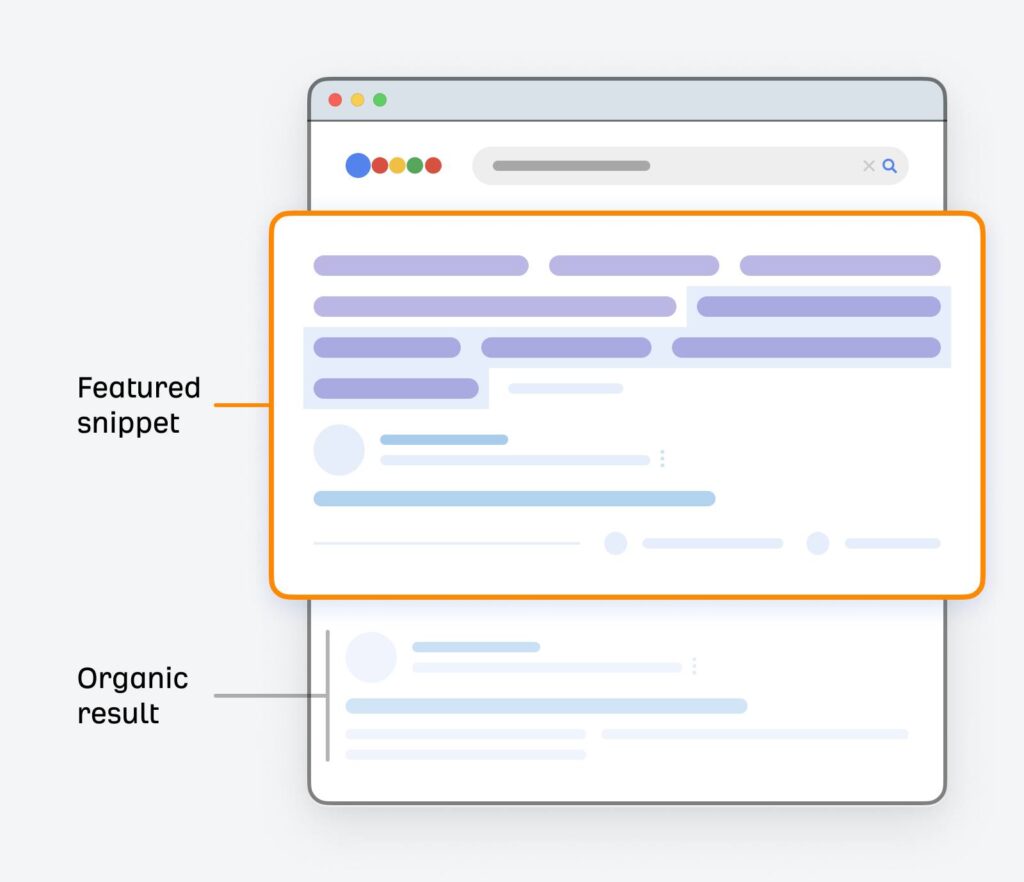Semantic SEO is the practice of optimizing content for meaning, not just keywords. It considers context, relationships between words, and user intent to improve search engine rankings.

What is a semantic search example?
Semantic search uses context clues to determine the meaning of a word across a dataset of millions of examples. Semantic search also identifies what other words can be used in similar contexts. For example, a search for “football” would mean “soccer” in the USA and “football” in the UK and other parts of the world.
Are semantics important for SEO?
Using semantic markup and natural language processing to better understand the meaning and context of a website’s content, it can help improve the relevance and accuracy of search engine results, enhance the user experience, and increase the visibility and rankings of a website.
How to master semantic SEO?
7 Semantic SEO Best Practices to Get Better Rankings
- Try to Understand User Intent.
- Focus on Creating Content Outline.
- Create Detailed Content.
- Optimize for Multiple Keywords (Semantic Keywords)
- Answer People Also Ask Questions.
- Follow Topic Clustering.
- Add Structured Data.
What is an example of a semantically related keyword?
Semantically related keywords are terms that are conceptually linked to one another. If my article focuses on the primary phrase “marketing science”, some semantically related terms would include “scientific content writing” and “selling to scientists”.
Is Google a semantic search?
Google uses semantic search in the following areas: Understanding search queries or entities in search query processing. Understanding content about entities for ranking. Understanding content and entities for data mining.
How do I apply semantic SEO to different niches?
Whatever your niche, you can take a semantic approach. Take time over your writing, consider the words you use and the relationships between them. Create clear, structured writing, and make sure you review and optimize as the search landscape changes.
How has semantic search changed SEO?
Semantic search takes a leap forward, caring less about exact matches and more about the intent behind the search. Search engines, armed with deep learning and AI, now look for meaning in user queries and deliver results that align with the searcher’s intent.
Why is semantic SEO important?
Semantic SEO marks a fundamental shift in the way SEO specialists do their job. Today, semantic SEO is about optimizing for topics, not keywords. Or, as Google would say it, optimizing for entities and their related attributes, not keywords.






